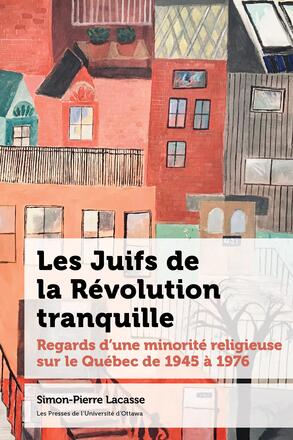
Les Juifs de la Révolution tranquille
Regards d’une minorité religieuse sur le Québec de 1945 à 1976
Description
Quebec's Jewish community holds a unique political and cultural place in Canada and North America, which led to the creation of a Montreal Jewish identity distinct from those elsewhere in Canada and in the US. The post-war era to the mid 1970s saw decisive changes within the Quebec Jewish community, though it is not widely studied until now. In Les Juifs de la Révolution tranquille analyzes this evolution, Quebec's sociopolitical debates and increasing contact with French-Canadian Quebecers influenced the ideological positioning of the Montreal Jewish community.
In a society largely split, on the confessional level, between Catholics and Protestants—the “two solitudes”—, Jewish activists fought for the recognition of their community and incited political players to think more broadly about what is referred to today as “togetherness.” Far from staying on the fringes of public and political spaces, several activists from the Montreal Jewish community spoke up and defended a developing Québécois society, one in which pluralism played an increasingly important role.
Preface by Pierre Anctil.
This book is published in French.